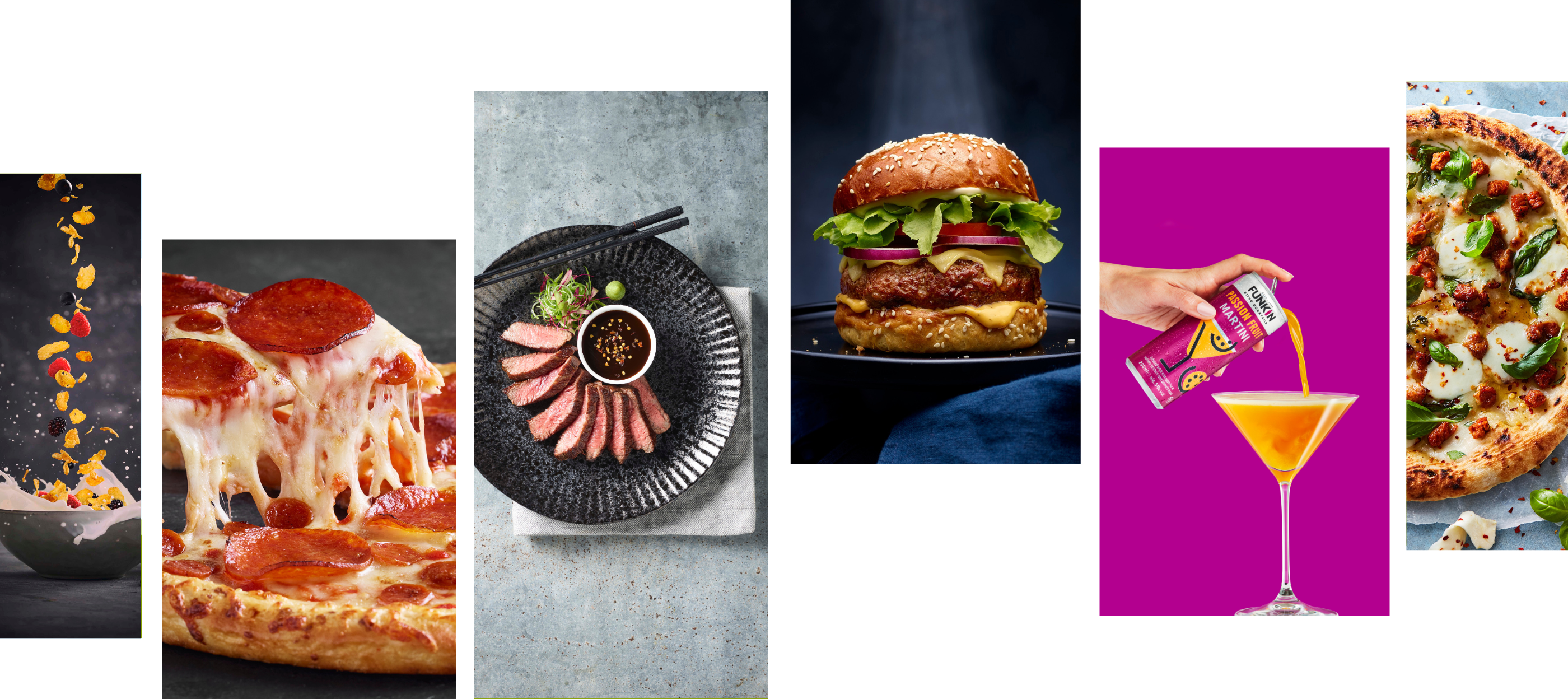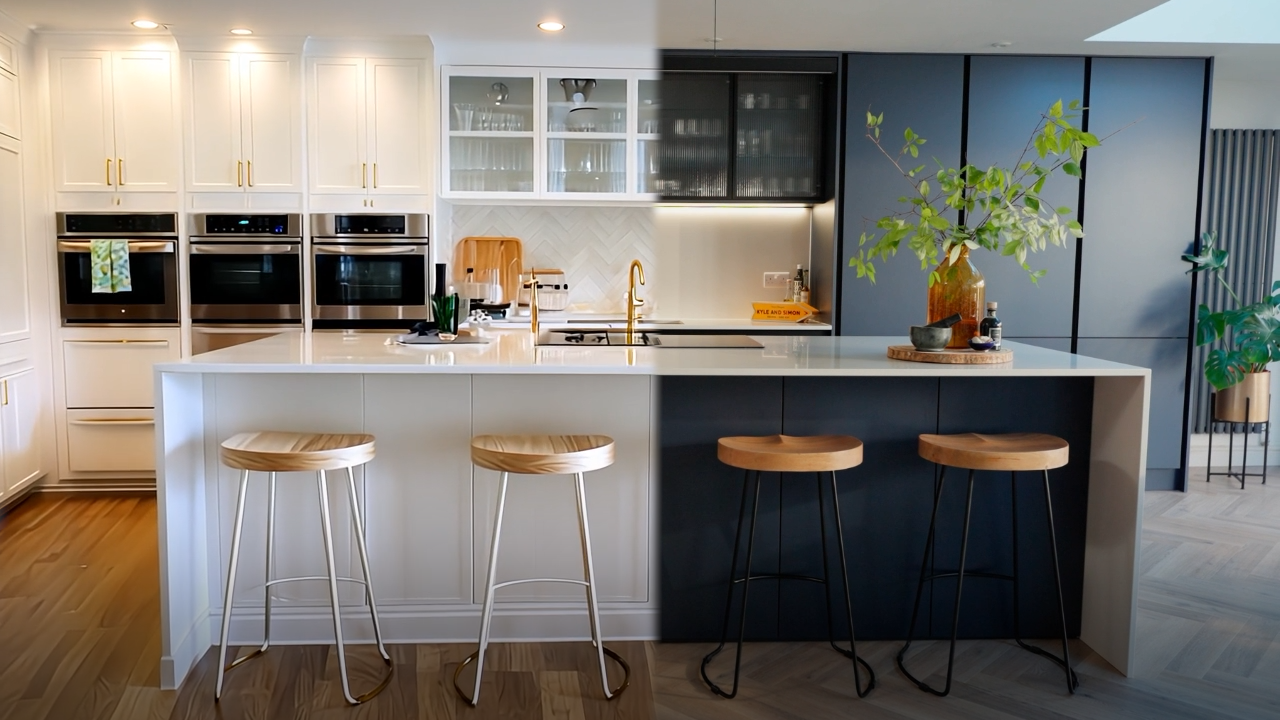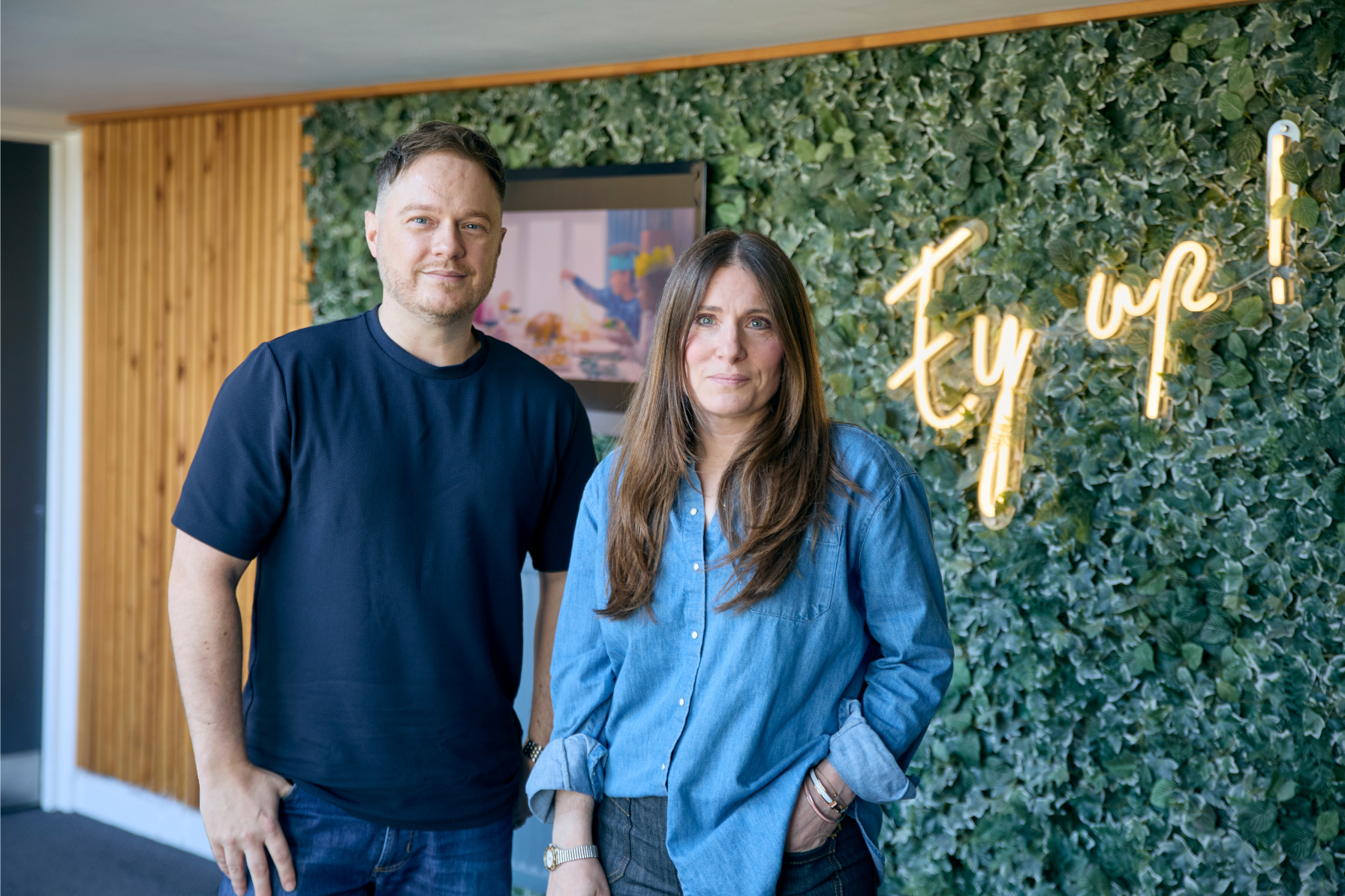Navigating the complexity of on-pack photography
In the fast-paced world of packaging design and production, on-pack photography stands as a crucial element, capturing the essence of a product and conveying its appeal to consumers. Yet, behind the glossy images adorning our favourite products lies a landscape fraught with challenges that demand agility, flexibility and innovation to overcome.
One aspect of this puzzle involves commercial photographers (us!), tasked with the responsibility of translating brand vision into captivating narratives.
About this post
Published
Author
May 14, 2024

In an industry where time is of the essence and deadlines are immutable, the ability to adapt to shifting demands and unforeseen obstacles is absolutely key.
Collaboration with the art director is a delicate dance – a push and pull relationship that requires mutual respect and teamwork. No room for egos!
In this article, we’re exploring the major challenges faced by production decision-makers when it comes to photography, and laying out effective solutions.
Tight timelines and flexibility.
The world of on-pack photography operates within unforgiving timelines, where print deadlines remain non-negotiable, yet design phases often experience fluctuations. To navigate this challenge, photographers need to be highly flexible and agile, accommodating last-minute changes and rescheduling shoots, where needed. Because hey, it happens.
Budget constraints and commercial flexibility.
As pressure mounts to find efficiencies and lower costs, creative agencies face the daunting task of delivering exceptional imagery within constrained budgets. Traditionally commissioned on a day (or time-basis) rate, photography now grapples with the need for commercial flexibility, particularly when it comes to budgeting for single SKU shots and unforeseen reshoots.
Consistency and quality assurance.
In an era where packaging design serves as a tangible representation of brand identity, maintaining consistency and quality across (sometimes multiple agencies and) photographers becomes paramount. From colour accuracy to image resolution, every detail needs to align with brand standards and consumer expectations.
On another hand, while retouching plays a crucial role in enhancing the visual appeal of on-pack photography, excessive or poorly executed retouching can lead to unrealistic portrayals of products and erode consumer trust. And that’s no good.
Adaptation to technological advancements.
The landscape of design, print, packaging and photography is continuously evolving, driven by advancements in technology and digital innovation. You simply can’t afford to get left behind.
So, how can you tackle all these issues?
What is really the secret sauce?
Collaboration.
- Surround yourself with a team of skilled professionals, including not only photographers, but also re-touchers, stylists and producers, who share your commitment to excellence and creativity. Clear communication, detailed planning, and a readiness to embrace challenges and the unexpected are your best allies. Need to squeeze in a last-minute shoot? No sweat. And if a reshoot is on the cards, consider it part of the process.
- A good production partner can help you establish clear guidelines for all involved, ensuring everyone is on the same page with the brand’s vision. Regular communication among familiar team members helps maintain consistency and minimises any hiccups across the portfolio.
- Implement standard processes, like colour calibration and style guides, to uphold visual integrity and quality. Be proactive in risk management, identify potential hurdles and complexities with your production partners early on and have backup plans in place to tackle them head-on.
- Streamline your workflow, reducing post-production requirements and eliminating possible communication breakdowns. This can be achieved, for example, having your photographer retouching real-time on set.
- Push back for innovative solutions. Once again, a good production partner can suggest cost efficiencies such as a shot-rate model or discounts for scaled production to enhance your profitability.
- And don’t forget to stay ahead of the curve. Embrace emerging technologies like AI-driven image processing and virtual studios to streamline workflows even further and elevate your creative game. With these tools in your arsenal, you’ll be ready to tackle any challenge that comes your way.
Last but not least, it would be silly not to mention… the bonus to all of the above is the sustainability element you gain by doing everything under one roof! By consolidating processes, you’re significantly reducing carbon emissions associated with transportation and logistics. It’s a win-win for everyone involved.
Excited to learn more? We’re hosting a webinar on this very topic. Register via the link below.





